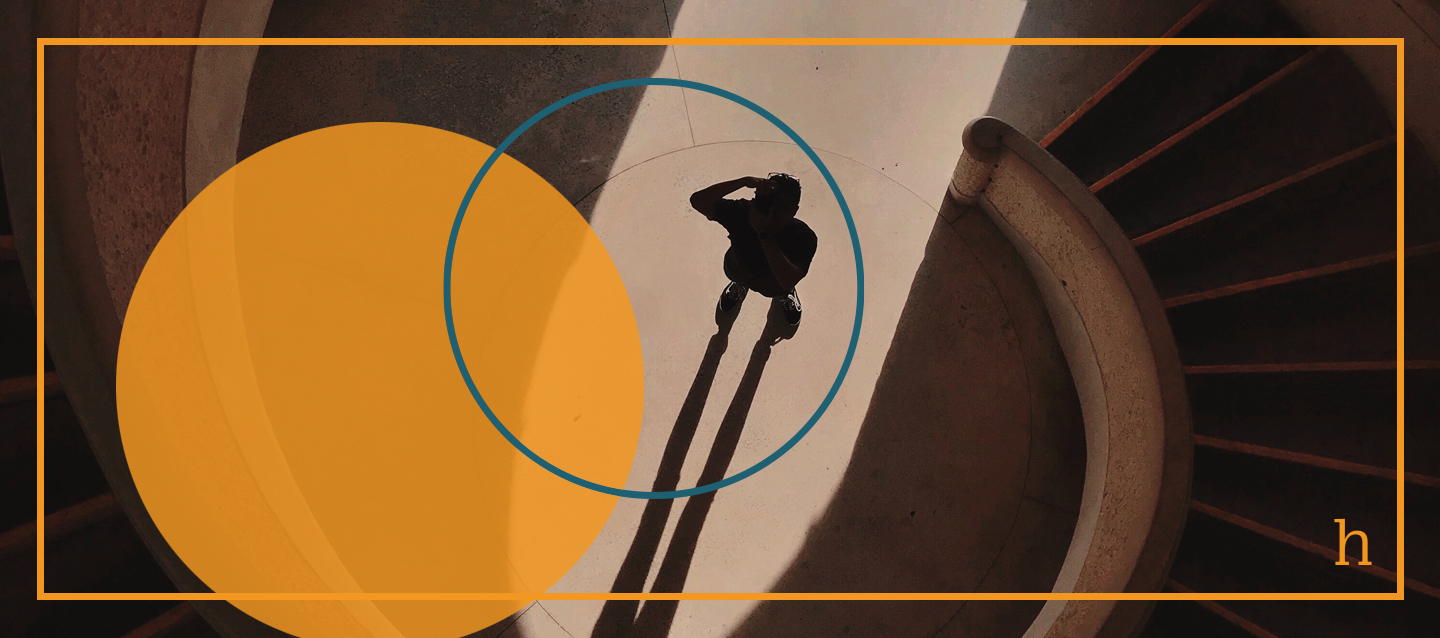Fear is defined as an unpleasant emotion caused by the belief that someone or something is dangerous, likely to cause pain, or a threat. You may have heard of the physical “fight or flight” response when deciding whether to approach or run away from a situation. In some cases, fear can be a positive, protecting us from unfortunate circumstances. It can be the indicator of something unsafe and ultimately help us make informed decisions. We may also develop fears based on our own vulnerabilities. A person who is afraid of heights, for example, may have experienced a traumatic event to create such emotion. However, approaching certain fears can open doors and opportunities for growth beyond what we ever envisioned.
I remember the first time I wondered what it would be like to explore career options in the mental health field that were out of my comfort zone. What?! Leave a job where I felt the most confident!? I had previously worked in a setting I had years of experience in. The thought of resigning sounded scary for many reasons. My daily routine would change. I’d have to build new relationships all over again and learn a different part of the mental health field. This idea of change felt too overwhelming! After much thought, I ripped the band-aid off. When I approached this fear, I learned how to overcome emotions that follow fear. That is, how to cope with unfamiliarity, manage anxiety, be open to asking for help and utilize these emotions as a motivator to grow. I now reflect on this experience as a reminder that I can face fear, even when it feels heavy and impossible.
Of course, we fear change and uncertainty. Us humans require routine and predictability throughout the day. The misconception that fear is always negative can drive us away from evolving. We all have had “first times” which were incredibly fearful. In Dialectical Behavior Therapy (DBT), an evidence-based approach founded by Marsha Linehan, emotions are understood as fleeting and impermanent states. They are observed, experienced, and eventually released. If we become consumed by our emotion, we close ourselves off in a box, a reality where we can only see fear. DBT also teaches a skill called “Radical Acceptance,” accepting what we can and cannot control. It’s okay to accept the existence of fear. Statements such as “I may fail at this,” “I am scared,” “What if XYZ happens?” These thoughts are normal and encourage us to cope in advance of predicted outcome possibilities.
I will leave you with this. What if we didn’t experience fear? Where would you be in life right now?

